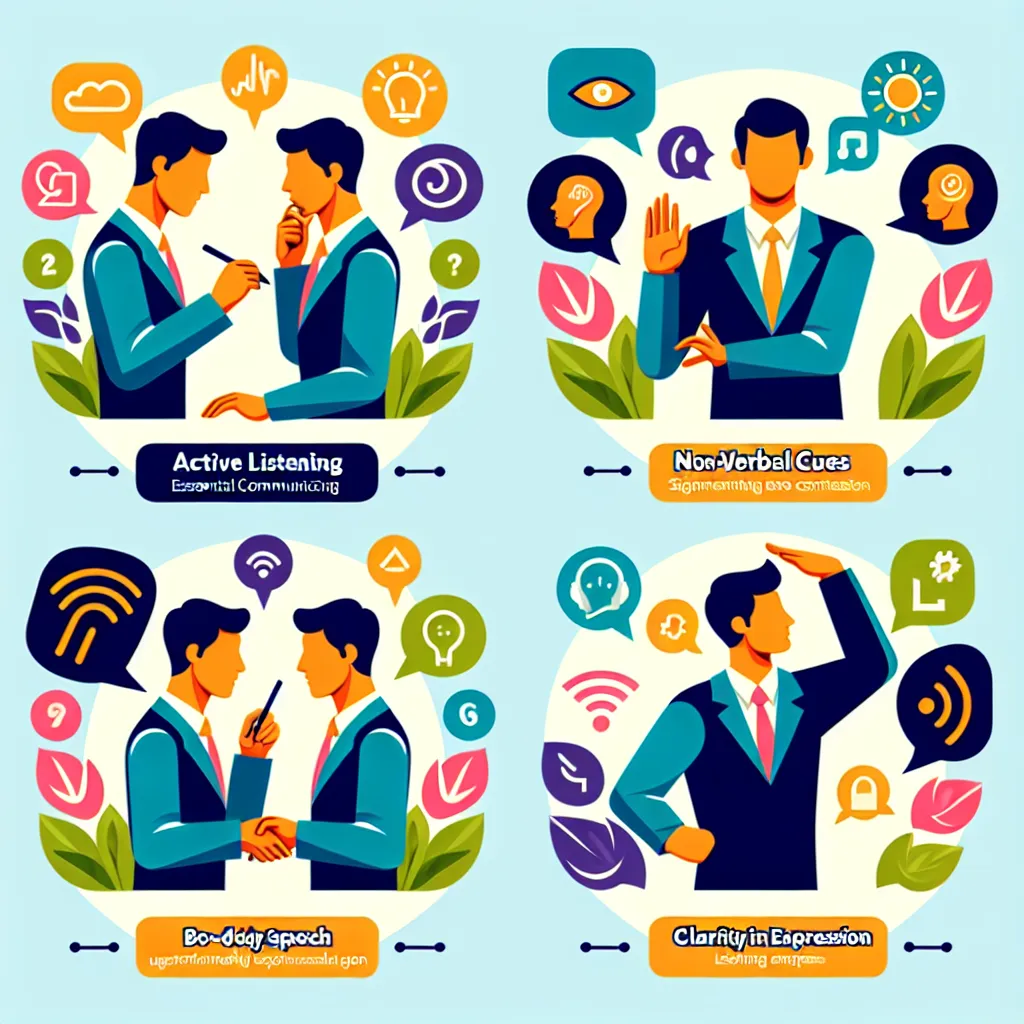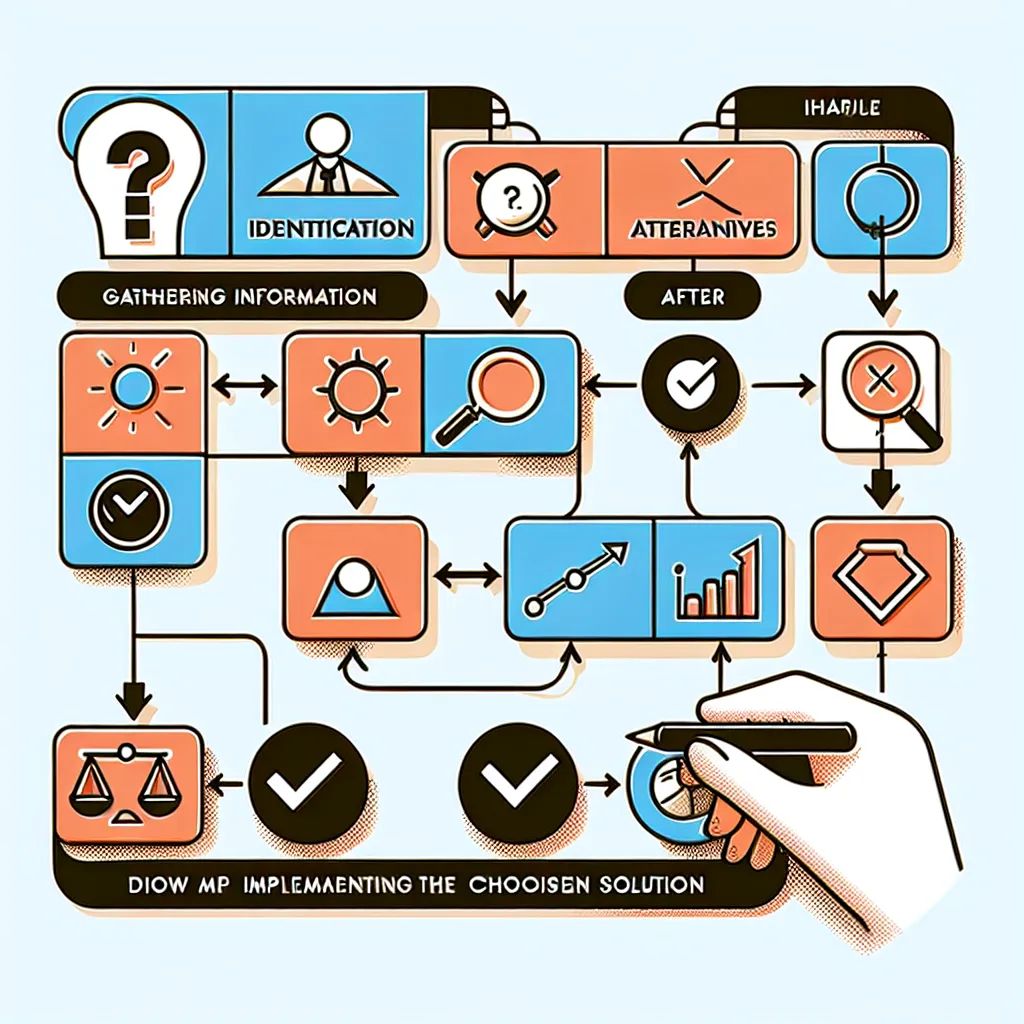Effective communication skills are crucial in any workplace, and employers often prioritize this ability when evaluating candidates. If you’re preparing for a job interview, it’s essential to be ready to showcase your communication skills. This article will guide you through answering questions about communication skills, providing valuable insights and practical tips to help you excel in your interview.
Understanding the Importance of Communication Skills in Interviews
Communication skills are fundamental to success in almost every job role. They encompass a wide range of abilities, including verbal and non-verbal communication, active listening, clarity of expression, and the ability to adapt your communication style to different audiences. Employers ask about these skills to assess how well you can interact with colleagues, clients, and stakeholders.
Why Employers Value Communication Skills
- Team Collaboration: Good communicators foster better teamwork and productivity.
- Client Relations: Effective communication is key to maintaining strong client relationships.
- Problem-Solving: Clear communication helps in identifying and resolving issues efficiently.
- Leadership Potential: Strong communicators often make good leaders.
 Job Interview Communication
Job Interview Communication
Common Interview Questions About Communication Skills
Being prepared for these questions can help you demonstrate your communication prowess. Here are some typical questions along with sample answers:
1. “Can you describe a situation where you had to explain a complex idea to someone?”
Sample Answer: “In my previous role as a software developer, I had to explain a new technical feature to our non-technical marketing team. I used analogies and visual aids to break down the concept, ensuring each team member understood how it benefited our product. This approach led to a successful collaboration between our departments and a more effective marketing strategy.”
2. “How do you ensure that your message is understood correctly?”
Sample Answer: “I believe in the power of active listening and feedback. After explaining something, I often ask clarifying questions to ensure the other person has understood. I also encourage them to paraphrase what I’ve said in their own words. This two-way communication helps prevent misunderstandings and shows that I value clear, effective communication.”
3. “Describe a time when you had to deal with a difficult communicator.”
Sample Answer: “In a previous project, I worked with a colleague who was known for being abrupt and sometimes unclear in their communication. I approached this by scheduling regular, face-to-face meetings where we could discuss project details in depth. I made an effort to ask specific questions and provide detailed updates. Over time, this improved our working relationship and project outcomes significantly.”
4. “How do you adapt your communication style to different audiences?”
Sample Answer: “I believe in tailoring my communication style to my audience. For example, when presenting technical information to non-technical stakeholders, I focus on the business impact and use relatable analogies. When communicating with technical teams, I delve into more specific details. This flexibility helps ensure that my message is understood and relevant to each audience.”
Tips for Answering Communication Skills Questions
- Use the STAR Method: Structure your answers using the Situation, Task, Action, Result format to provide clear, concise examples.
- Highlight Diverse Skills: Demonstrate various aspects of communication, such as listening, writing, presenting, and interpersonal skills.
- Provide Specific Examples: Use real-life situations from your work experience to illustrate your communication abilities.
- Show Adaptability: Emphasize how you adjust your communication style based on the situation and audience.
- Discuss Improvement: If relevant, mention how you’ve worked to enhance your communication skills over time.
 Effective Communication Skills
Effective Communication Skills
Handling Challenging Communication Questions
Sometimes, interviewers may pose more challenging questions to assess your communication skills under pressure. Here are a few examples and how to approach them:
1. “Tell me about a time when your communication failed. What did you learn?”
Approach: Be honest about the situation, focus on the lessons learned, and explain how you’ve improved since then.
2. “How would you communicate a company-wide change that might be unpopular?”
Approach: Emphasize transparency, empathy, and the importance of clear, consistent messaging across all levels of the organization.
3. “Describe a situation where you had to persuade someone to see things your way.”
Approach: Focus on your ability to understand the other person’s perspective, present logical arguments, and find common ground.
Common Mistakes to Avoid
- Being Too Vague: Provide specific examples rather than general statements.
- Overlooking Non-verbal Communication: Remember that body language and tone are also part of communication.
- Neglecting to Mention Active Listening: Communication is a two-way street; emphasize your listening skills as well.
- Failing to Adapt: Don’t use the same communication style for every situation in your examples.
- Ignoring Written Communication: In today’s digital age, written communication skills are equally important.
Follow-up Questions and Suggested Answers
-
Q: “How do you handle miscommunications in the workplace?”
A: “I address miscommunications promptly and directly. I believe in having open conversations to clarify any misunderstandings, always maintaining a respectful and professional tone.” -
Q: “Can you give an example of how you’ve used written communication effectively?”
A: “In my previous role, I created a comprehensive project brief that clearly outlined objectives, timelines, and responsibilities. This document became a key reference point for the team, ensuring everyone was aligned throughout the project.” -
Q: “How do you ensure effective communication in a remote work environment?”
A: “I leverage various digital tools like video conferencing and project management software. I also make an effort to have regular check-ins with team members to maintain clear lines of communication despite the physical distance.” -
Q: “Describe a time when you had to communicate a technical concept to a non-technical audience.”
A: “When explaining our new data security measures to the sales team, I used analogies comparing our system to a house with multiple locks. This helped them understand the concept easily and communicate it effectively to clients.” -
Q: “How do you handle receiving constructive criticism?”
A: “I view constructive criticism as an opportunity for growth. I listen actively, ask clarifying questions, and thank the person for their feedback. Then, I reflect on how to implement the suggestions to improve my performance.”
Conclusion
Effectively communicating your communication skills in a job interview is crucial for making a strong impression on potential employers. By preparing thoughtful responses to common questions, providing specific examples, and demonstrating your ability to adapt your communication style, you can showcase your strengths in this essential area. Remember, good communication skills are not just about speaking well, but also about listening, adapting, and continuously improving your ability to connect with others.
For more insights on acing your job interview, check out our articles on how to answer questions about leadership style and how to answer questions about problem-solving. These resources will help you prepare comprehensively for your next interview and increase your chances of landing your dream job.




